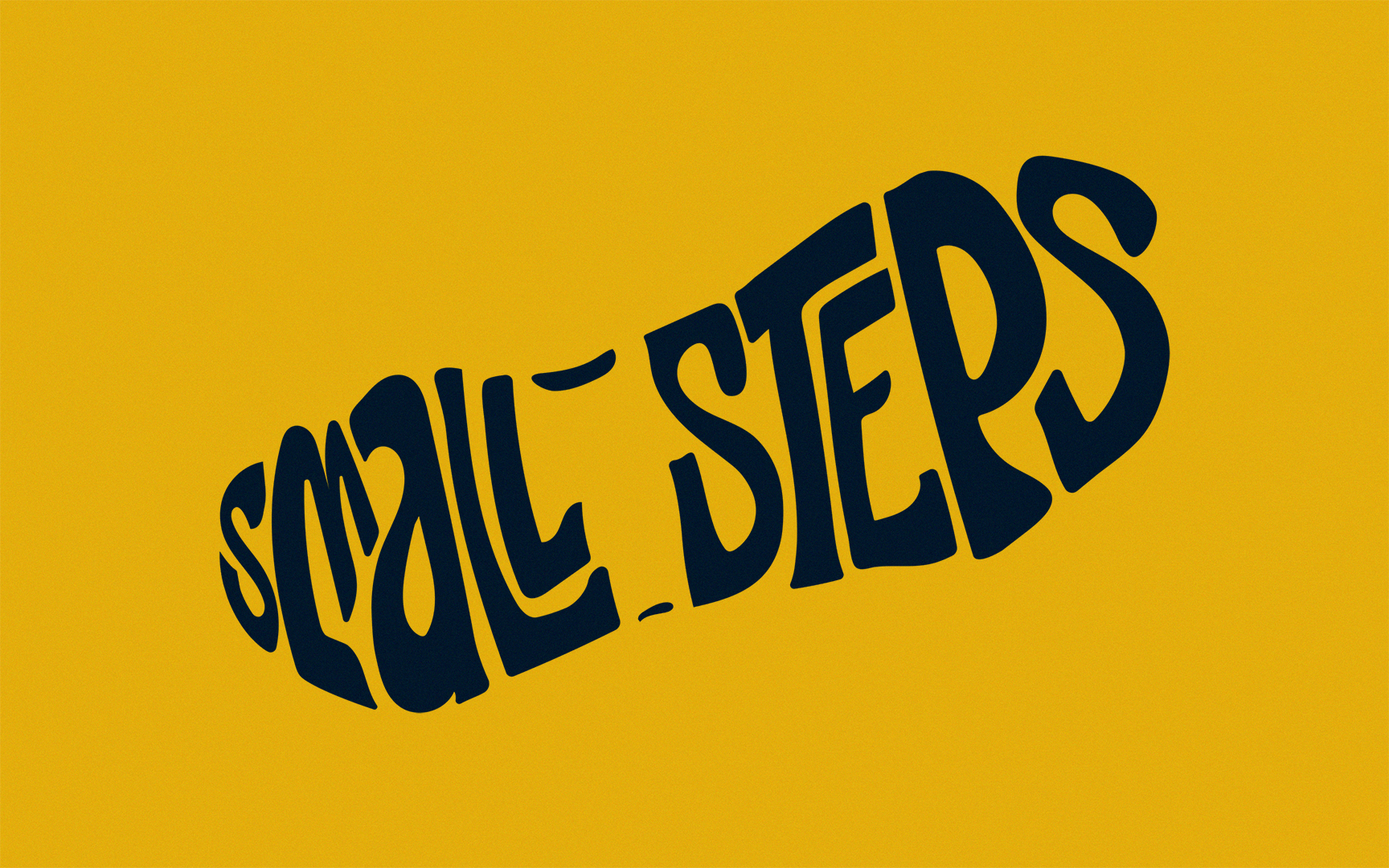When approaching the idea of closing out this column, I’ve found it difficult to figure out where to start. To me, the idea of writing about writing often seems a bit overdone, and as a 21-year-old who still forgets to use spell check and typically writes these entries the morning they’re due, I struggle to think of what I could possibly say about the act of writing a column.
However, as I look back through the backlog of Small Steps, I realized that I’ve already answered that question for myself. In a previous column, I discussed how creativity is not something that is innate to the core of a person. Creativity shows itself in different ways, and we should celebrate the ways in which it manifests in ourselves, even if that looks more like bullet journaling than it does abstract painting. I think writing can be seen in the same way.
To be honest, Small Steps was quite the challenge for me. My typical beat is pop culture critique and media commentary, so the act of sitting down to write a personal reflection every two weeks was a lot harder than I originally thought when I pitched the idea.
Yet, in a very pragmatic way, this writing has helped me get in touch with my beliefs.
I really relate to Joan Didion’s approach to understanding the act of writing. In her essay, “Why I Write” she states, “I write entirely to find out what I’m thinking, what I’m looking at, what I see and what it means. What I want and what I fear.”
It’s easy to go about your life with a general understanding of what you believe and what you’re passionate about. However, articulating these thoughts is a whole different issue. When writing Small Steps, I have sat down many times on a Friday morning (sorry copy editors) without more than a vague notion of what I wanted to say, and lo and behold, the ideas eventually started to flow. Often, I found I would write myself into a different opinion than I thought I held to begin with, and that’s totally okay.
Whatever style of writing you feel the most comfortable with, I encourage you to use it to learn a bit more about yourself. While I had a requirement to write every two weeks, lest our editor-in-chief, Lilly, come banging down my door, it didn’t have to be that formal. A journal, blog or poetry notebook can be a great way to stay in touch with yourself.
Above all, I’m thankful for this opportunity to write and learn, not just from myself but from all my amazing colleagues and editors.
Feature graphic by Taylor Reddam
